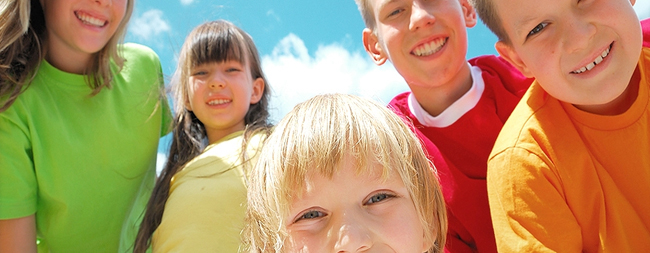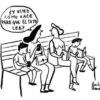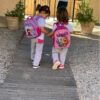Many times, you have sent us your doubts about how bilingual parenting can affect your child. To clear up these doubts, we have set to work and this is what we have learned.
Does raising a child in more than one language confuse him/her?
This is the most common misconception. According to Barbara Zurer Pearson, author of Raising a Bilingual Child, “After only days after birth, all babies can differentiate several languages,” especially if they are very different languages (Spanish and Arabic, for example). In languages with more similar phonetics, children take longer to differentiate, but by 6 months, they are fully capable.
Fears originate when children mix the vocabulary of both languages. This is absolutely normal. Experts advise not to correct children in these cases. If what is confused is the grammatical structure, we should correct, but we should answer using the same structure in a correct way. For example (and we extrapolate to when our monolingual child does it): If he tells us “no cabo” instead of “no quepo”, we should answer “Vaya, yo tampoco quepo”.
Does raising a bilingual child cause speech delays?
It is true. Bilingual children take a little longer to start speaking compared to monolingual children, although this difference is not important in their development and should not be a cause for concern.
When did we start speaking to you in both languages?
It is never too late, however, the optimal period seems to be between birth and 3 years of age, just when the child is learning its first language.
Experts point out that from 6 to 10 months of age, children begin to filter the sounds corresponding to the languages with which they have contact and discard those that the child does not find in his environment. Hence, the preference to expose the child to a second language from birth.
How do we do it?
For a child to be bilingual, it is considered necessary that at least 20% of the child’s real communicative activity takes place in the other language. It is important to point out here that languages are learned through dialogue, that is, by taking advantage of everyday scenes where we can talk to children: mealtime, time to change…
Another very important aspect is that each parent speaks only in the chosen language (with mom I can speak Spanish, with dad I can speak English). It is important that this is so, since the use of the two languages alternatively, by one of the parents, can create confusion.
To learn a little more about learning to speak, we leave you with the documentary Baby Human – Speak, it is divided into 5 parts, we hope you like it.
See you soon 🙂










